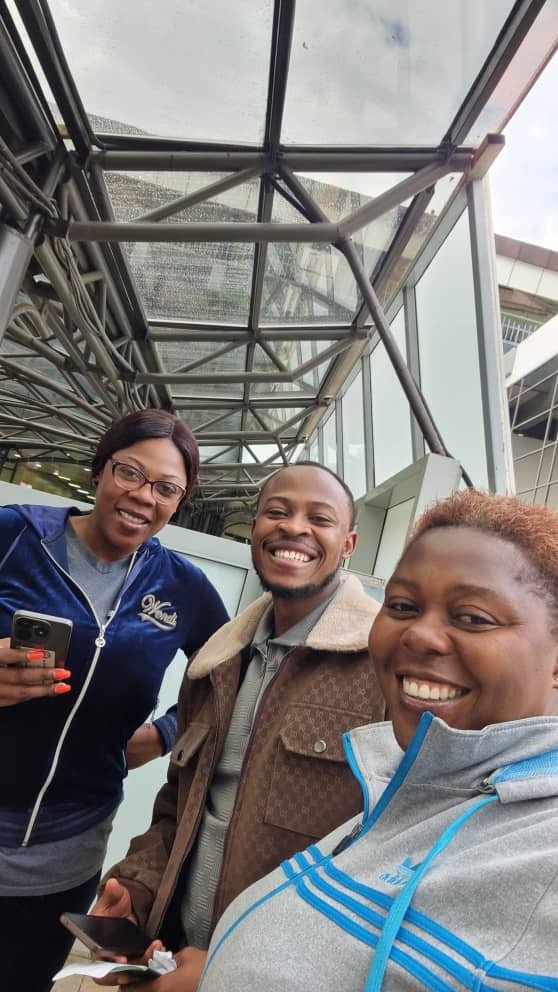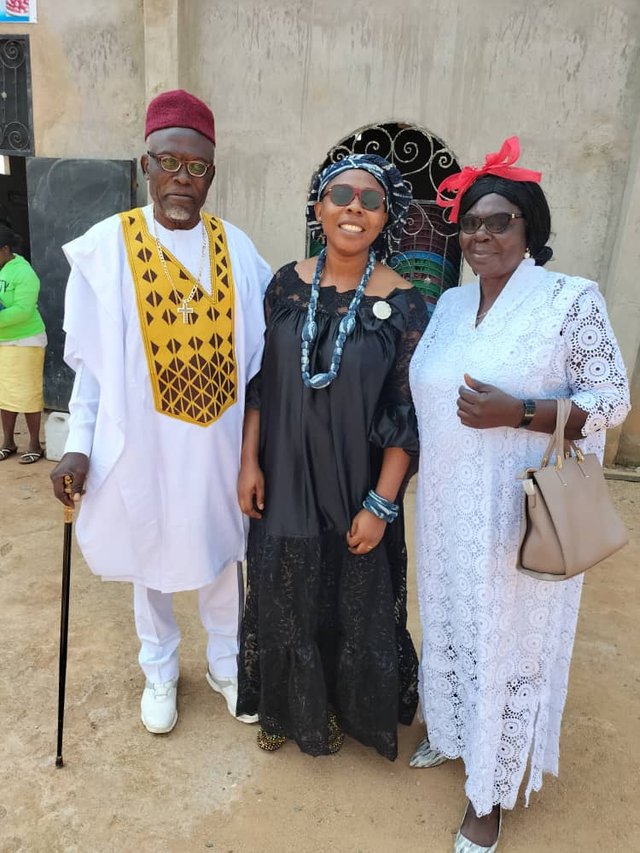Unspoken Resentment Turns Into Cold Wars.
Steem greetings guys from the motherland, Cameroon, and welcome to my blog as I share another engaging topic titled Unspoken Resentment Turns Into Cold Wars. The title came as a result of my daily reflection while working in the field as a GBV case manager.

In every relationship be it personal, professional, or romantic, unspoken resentment can quietly take root, gradually transforming into a cold war that erodes connection, trust, and warmth. These silent battles are not marked by raised voices or dramatic confrontations, but rather by prolonged silences, passive-aggressive behaviour, emotional distance, and wrong use of power. They are wars without declarations, waged in sighs, eye rolls, avoidance, and unsaid words.
At the heart of these cold wars lies resentment, an emotion often born when expectations are unmet, boundaries are crossed, or hurt is left unacknowledged. Instead of being expressed openly and addressed constructively, resentment goes beneath the surface.
People choose silence over honesty for many reasons: fear of conflict, concern about damaging the relationship, or the belief that "…it’s not a big deal..." However, small slights, when left unspoken, accumulate and eventually, the weight becomes too heavy to ignore.

What begins as a minor irritation, a forgotten “…thank you”, a dismissive tone, and a missed milestone can lead to ongoing emotional withdrawal and communication breaks down. In such situations instead of talking through issues, people begin to assume the worst, interpreting every action through a lens of bitterness. For instance, a partner comes home late, and it’s no longer just about the time, it’s about feeling unimportant. A colleague misses a deadline, and it’s not just about the project, it’s about feeling disrespected.
Cold wars are particularly dangerous because they are hard to detect from the outside and easy to normalise on the inside. People begin to accept the emotional distance as the new norm. Smiles become polite, conversations transactional, and affection conditional. This emotional frost can last for weeks, months, even years, and often neither side is willing or able to thaw the ice first.

Ironically, many of these cold wars could have been prevented with vulnerable, honest communication early on. It takes courage to say, “…that hurt me,” or “…I feel overlooked”, but it also opens the door to healing. It gives the other person a chance to understand and respond and also prevents assumptions from becoming facts and emotions from becoming permanent.
Unfortunately, in many cultures and families, expressing difficult emotions is discouraged or misunderstood as weakness. We are often taught to “…keep the peace,” even if it means suppressing our true feelings. But peace without truth is temporary, it merely delays conflict while planting seeds for deeper resentment that will lead to cold wars.
The remedy to cold wars is warmth: empathy, curiosity, courage, and communication. It means choosing to talk rather than retreat, to listen rather than assume, to confront rather than silently punish. It requires both parties to take responsibility not just for what they feel, but also for how they respond.
In sum, it should be noted that unspoken resentment does not vanish on its own. When minimised and left unchecked, it accumulates, damaging marriages, relationships and families in ways that may seem irreversible. But with patience and open dialogue, issues can easily be resolved. Healing can only begin when we choose to speak not to blame, and comprehend because silence is not the absence of conflict it is the breeding ground for resentment.
TEAM 8
Congratulations! Your post has been upvoted through @steemcurator08. Good post here should be..Thank you @dasudi and team for the support.
Your post on unspoken resentment turning into cold wars is thought-provoking and timely. You shed light on the dangers of suppressed emotions and the importance of vulnerable communication in relationships. Your insights are invaluable,and your writing style is engaging and easy to follow. Thanks for sharing your expertise and experiences. Your post will resonate with many who've experienced similar struggles.